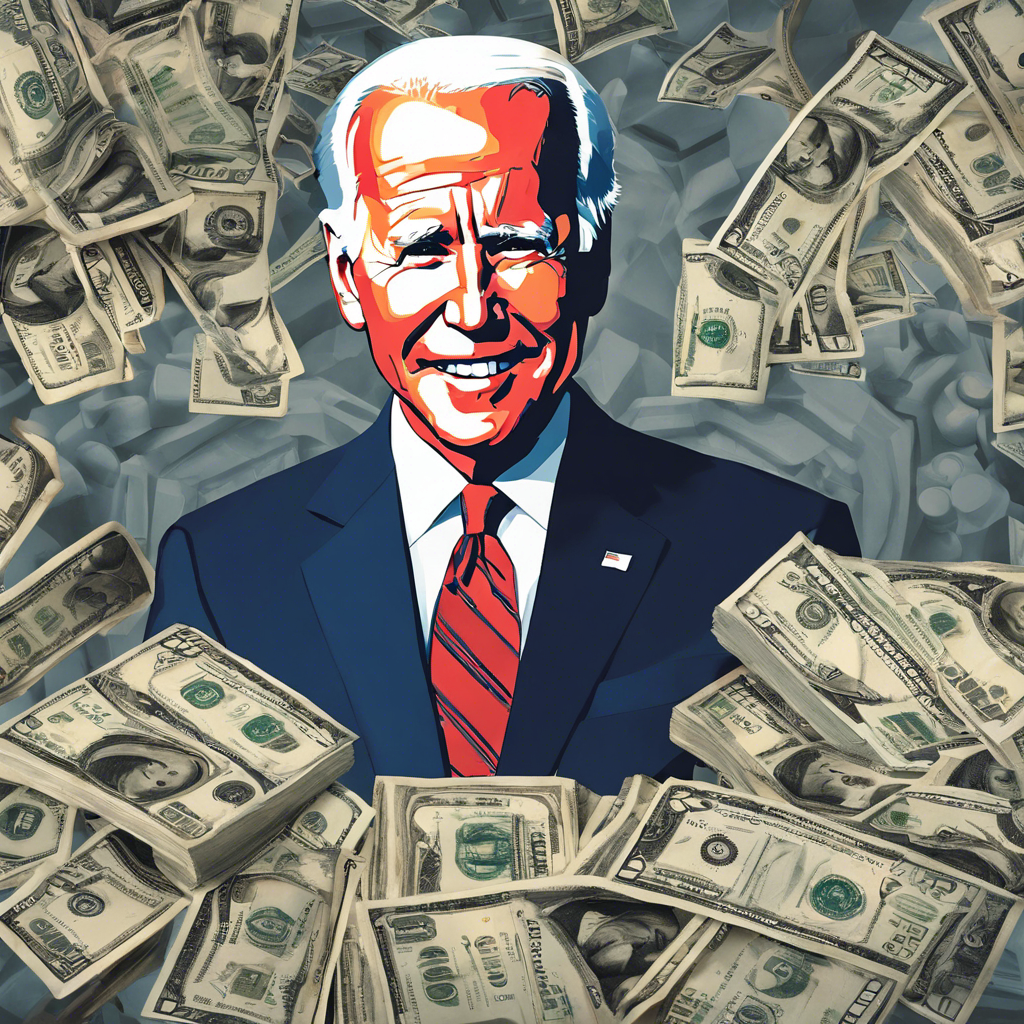The Shaky Foundations of Behavioral Economics: Questioning the Replication Crisis

Exploring the Uncertain Scientific Rigor of Behavioral Economics
In an age where data and evidence are revered, the field of behavioral economics has gained significant attention. This discipline seeks to understand and correct irrational human decision-making by utilizing psychological insights. However, recent revelations have cast doubt on the scientific rigor of behavioral economics, leading to a replication crisis. As we delve into this issue, we question whether common-sense changes can be made without relying on questionable studies.
The Replication Crisis and Behavioral Economics
Behavioral economics lies at the heart of the replication crisis, which exposes the inability to reproduce results from a substantial portion of social science experiments. Nudges, a prominent concept in behavioral economics, are closely tied to the study of “priming.” Priming examines how behavior changes based on subconscious influences. However, foundational experiments in this field have failed to be replicated, raising concerns about the reliability of the entire area of study.
The Slippery Slope of Priming
The notion of priming suggests that our behavior can be influenced by subtle cues, such as words or images, that we may not consciously notice. For instance, an experiment demonstrated that undergraduates walked slower after being exposed to words associated with old age. However, subsequent attempts to replicate this finding have yielded inconsistent results, undermining confidence in the validity of priming research. While it may seem intuitive that thoughts of aging can affect our walking pace, it remains unclear whether this is a universal law of the mind or simply a coincidence.
The Power of Common Sense
Ironically, individuals without scientific training have displayed an uncanny ability to identify studies that cannot be replicated based solely on their descriptions. This raises the question of whether some so-called scientific claims are, in fact, nothing more than dressed-up common sense supported by flawed data. While behavioral economics aims to correct irrational decision-making, it is crucial to question the validity of the studies that underpin its theories.
The Need for Reliable Evidence
Although some behavioral interventions, such as simplifying mortgage information or automatically enrolling children in school lunch programs, have shown positive results, it is essential to ensure the scientific rigor of the studies supporting these interventions. With the replication crisis casting doubt on the reliability of behavioral economics, it becomes imperative to rely on robust and reproducible evidence when implementing common-sense changes.
Conclusion:
The replication crisis within behavioral economics has raised significant concerns about the scientific validity of this field. While the goal of correcting irrational decision-making is commendable, it is crucial to approach behavioral interventions with caution. Relying on questionable studies may undermine the effectiveness of these interventions and hinder progress. As we navigate the complex landscape of human behavior, it is imperative to prioritize reliable evidence and rigorous scientific methods to ensure meaningful and lasting change.










